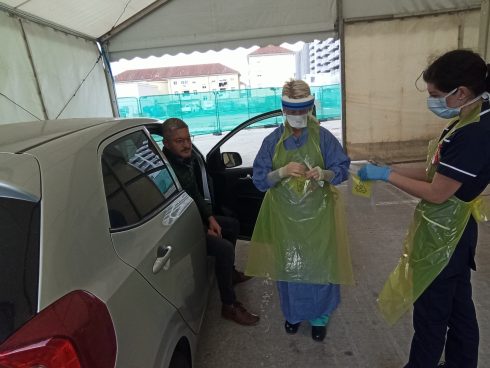IT is every wine lover’s biggest irritation. The moment you raise the first glass to your nose and get an aroma of… wet socks.
Best known as a ‘corked’ wine, it comes from a chemical compound found in a small percentage of corks.
Guaranteed to ruin even the hardiest of wines, an estimated one in ten corks are said to carry the so-called TCA taint.
Now, one of the world’s biggest cork producers believes it has found a solution to the problem.
Global giant Amorim – that produces stoppers from its huge cork oak estates in Spain and Portugal – believes it has found a way to get rid of 2,4,6-trichloroanisole (TCA).

Scientists at the firm, based near Porto, claim they have found a way to stop the fungi present in natural cork from proliferating and ruining the wine in the bottle.
Boss Antonio Amorim, 52, insisted that by the end of the year the company’s corks will have ‘a zero TCA risk’.
The new process involves a secret substance and a use of steam, but as a patent is being sought, the company has yet to divulge how it works.
Amorim – whose firm makes 5.5 billion of the world’s 13.2 billion corks – told the Revue du Vin de France, that it will make the process ‘more economical’ and bring down the price of corks.
The company already offers a guarantee of non TCA corks, due to its so-called NDtech program, but the corks are seen as too pricey.
The invention is seen as a vital battle against a range of other stoppers that have entered the market, from glass to plastic ones, as well as screwtops.
However, fine wine makers across Spain, France, Portugal and Italy, still favour corks as they allow the wine to breath and develop in the bottle.
The discovery comes as it emerged that the number of wines using corks has risen by 600,000 bottles a year, while plastic stopper use has fallen by four million units.
It is great news for the huge cork oak estates that straddle Extremadura, Andalucia and the East of Portugal.
Key wildlife, including rare eagles, the Ibex and the Lynx wildcat are set to continue to grow if the estates are protected.








